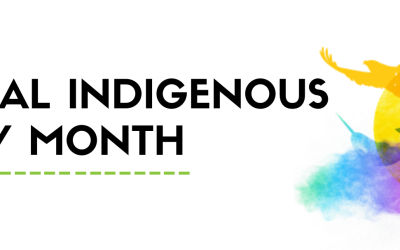Giving aboriginal people the right to own property on reserves could help cure the abject poverty that plagues First Nations, a top Tory thinker and a former chief said Tuesday.
Assembly of Manitoba Chiefs Grand Chief Ron Evans said he’s open to the idea, if Ottawa makes good on long-standing treaty obligations to share resource revenue with First Nations.
Tom Flanagan, a University of Calgary politics professor and Prime Minister Stephen Harper’s former chief of staff, said lack of property rights is one root of the poverty that grips remote reserves with little economic development, poor housing and few jobs.
Bands don’t even have legal title to their reserves. Those lands are held in trust by the Crown, so any project on a reserve such as a casino or a golf course needs the approval of the Indian Affairs minister, a slow and painful bureaucratic process that deters investors.
It takes four to six times longer to develop a business project on a reserve and costs four to six times more, according to Flanagan’s research team.
Reserve residents don’t own the land or the homes in which they live. Instead, they have temporary certificates of possession or leaseholds that often restrict who a holder can transfer to. First Nations can’t do what non-aboriginal people do every day — buy a home, build up equity, sell it for a profit or hand it down to children.
That essentially kills the resale market and the will of private developers to build homes, meaning band members must always rely on Ottawa for housing funding.
"We have to imagine a world where we don’t have to ask the minister to build a home for us," said Manny Jules, a former chief from Kamloops, B.C., and a longtime advocate of property reform.
The idea floated Tuesday at a luncheon put on by the right-leaning Frontier Centre for Public Policy is one that interests AMC Grand Chief Ron Evans.
"We want to arrive at that place as well, but we have an obligation to those who did their best to ensure we don’t lose our rights, our livelihoods," he said.
That means agreements with government to share resources — everything from oil to water to timber — on traditional First Nations land. Those agreements would let bands move more quickly toward self-government, with private property rights as part of that equation.
Jules said he will spend the rest of the year consulting with bands across Canada and hopes to begin drafting a legislative proposal to government by this time next year.
He said any bill would be voluntary — bands could opt in and would retain rights and funding under the Indian Act.


